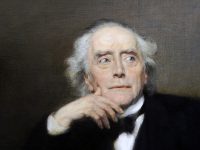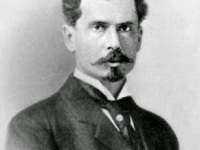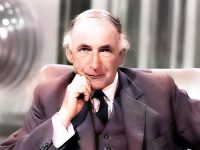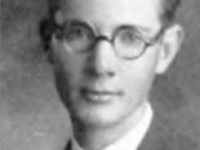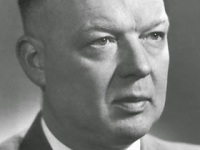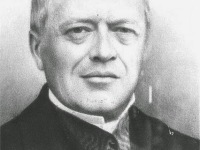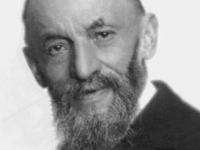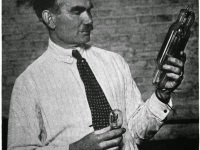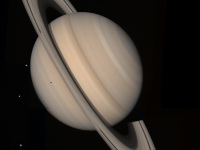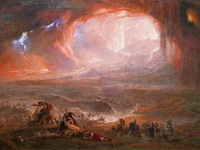Ernst Curtius and the Excavation of Olympia
On September 2, 1814, German archaeologist and historian Ernst Curtius was born, who directed the excavation of Olympia from 1875–1881, the most opulent and sacred religious shrine of ancient Greece and site of the original Olympic Games. “It is the relationship to the Eternal that gives us strength and endurance and self-denial; it teaches us in science to distinguish the essential from the unessential; it makes knowledge a virtue and research a…
Read more

